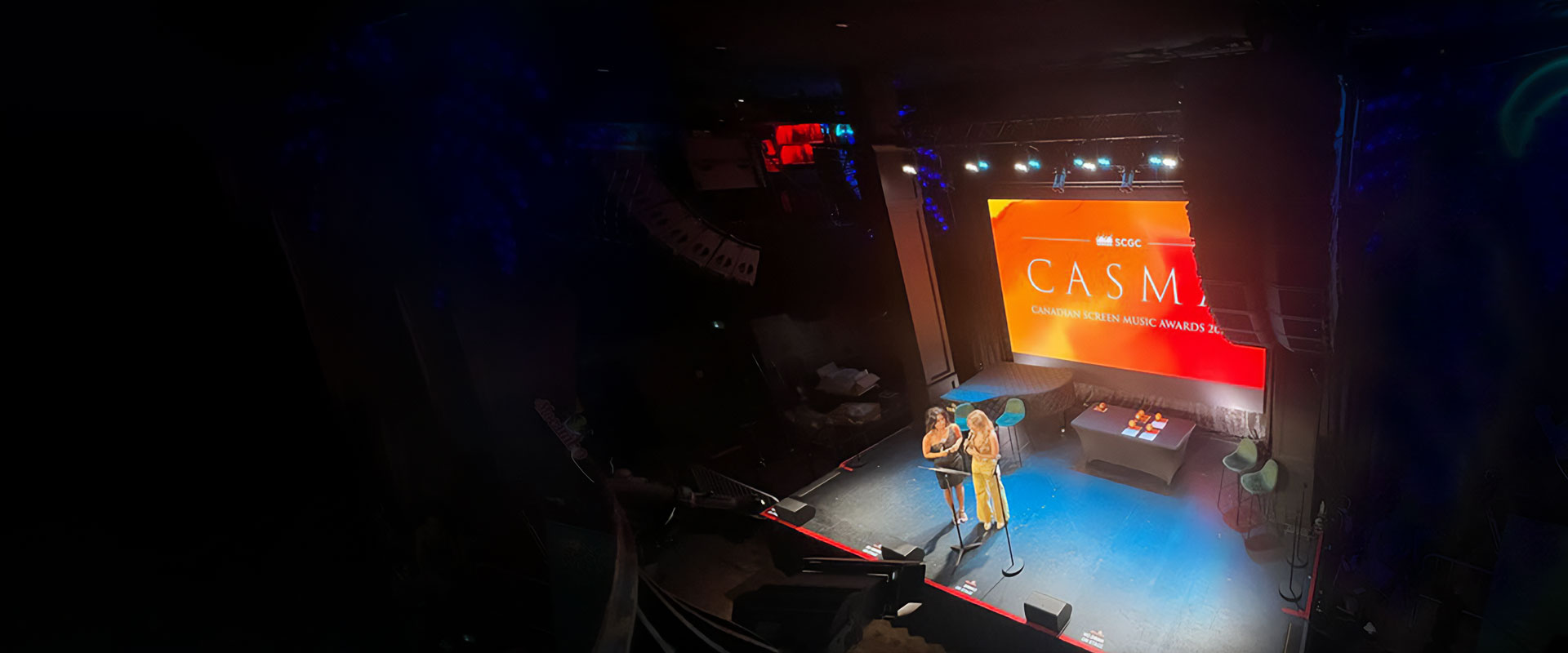The Music Modernization Act: A Guide for Creators – an article from Music Answers
The new Music Modernization Act (MMA) is a huge piece of copyright legislation that will shape the way music creators are paid for the next few generations. Like many laws, it’s a good news/bad news situation. We’re pleased that legislators in Washington have recognized the plight of music creators and we’re very appreciative of their efforts on our behalf. We support the basic concepts of the bill, but there are some aspects we think could and should be improved.
Before you sign any petitions or voice your support for the current draft of the MMA, here’s what you need to know:
The Grand Bargain
Digital music services will now pay for every single performance of every track, identified or not (they don’t pay for unidentified works now). This will move tens of millions of dollars to our side of the table. So that’s really good. In exchange, the services will be protected against copyright infringement claims.
The bill establishes a new organization, called the “Collective,” which will receive and distribute billions of dollars of mechanical royalties, oversee a new database of musical works, and divide up the royalties fromunidentified works.
The MMA also cleans up some messy problems our PROs have been trying to fix for a while. Here’s a summary of high and lowlights:
The Good News
Digital music services have to pay! The question of whether or not a “mechanical” license is technically required for a digital audio stream is one that has been argued for several years. The MMA settles that basic question: companies that stream our music must pay a fee.
PROs get the “wheel.” PRO rate cases will now be heard by the next available federal judge (in a rotating judicial selection process called the “wheel”), rather than a single judge appointed for life. This could be abig win for all of us and our PROs, helping us finally achieve fair market rates for performances of our music.
Judges Can Consider Everything. Under current law, judges setting rates for PROs aren’t allowed to consider what record companies and artists are getting. That’s one reason record companies are getting paid 12 times what songwriters and publishers are paid for the same performance. The MMA eliminates this prohibition, and, we hope, this problem.
The Bad News
We can’t see what’s really going on. There are no provisions for writers to audit the Collective to see how their money is being handled. Direct licenses from big music companies to digital music services will be secret. Performance royalties will still be paid through PROs for the moment, but big publishers could decide to license and collect those royalties directly, bypassing the PROs.
Music Creators Have No Real Power. Even though more than half of the money being collected belongs to writers, the Collective will be run exclusively by a Board of 8 publishers and 2 songwriters who must also be publishers. Pure songwriters and composers have no representation at all.
Big publishers and their top writers take the lion’s share of unidentified money. If the correct owner and writer of a song can’t be determined within three years, the Collective will give all the royalties from unidentified works to publishers basedon their market share. So the people whose music is least likely to be unidentified will get paid all over again.
Independents Could Be At A Serious Disadvantage: Self-published writers and recording artists could be left out if they lack the resources to file all the necessary registration paperwork, if their data contains any errors, or if they don’t have the time to continually check the Unidentified Works file to find their material and register a claim.
So, the question is: is the MMA good for music creators?
It’s clear that the MMA will benefit most music creators while simplifying and clarifying the rules for those who use our music.
That said, the MMA has some problems that must be fixed:
– writers elected by writers must have a strong voice in running the Collective;
– distribution of the writers’ share of unidentified works should be determined by writers;
– self-published writers need some assurance of participation;
– some mechanism for transparency (e.g. some basic audit rights) must be included.
Finally…for now
None of the changes we’re proposing should negatively impact negotiations with the digital music services. Simply put, the services don’t care what we do with the royalties we receive. These are issues almost exclusively between music publishers and music creators. We will continue to work to find a solution acceptable to all members of the music community.
Until some of these issues have been resolved, we do not recommend that any music creator endorse the current version of the bill.
Stay tuned….and please feel free to spread this information.
[ http://www.musicanswers.org ]www.musicanswers.org
Copyright © 2018 musicanswers, All rights reserved.









